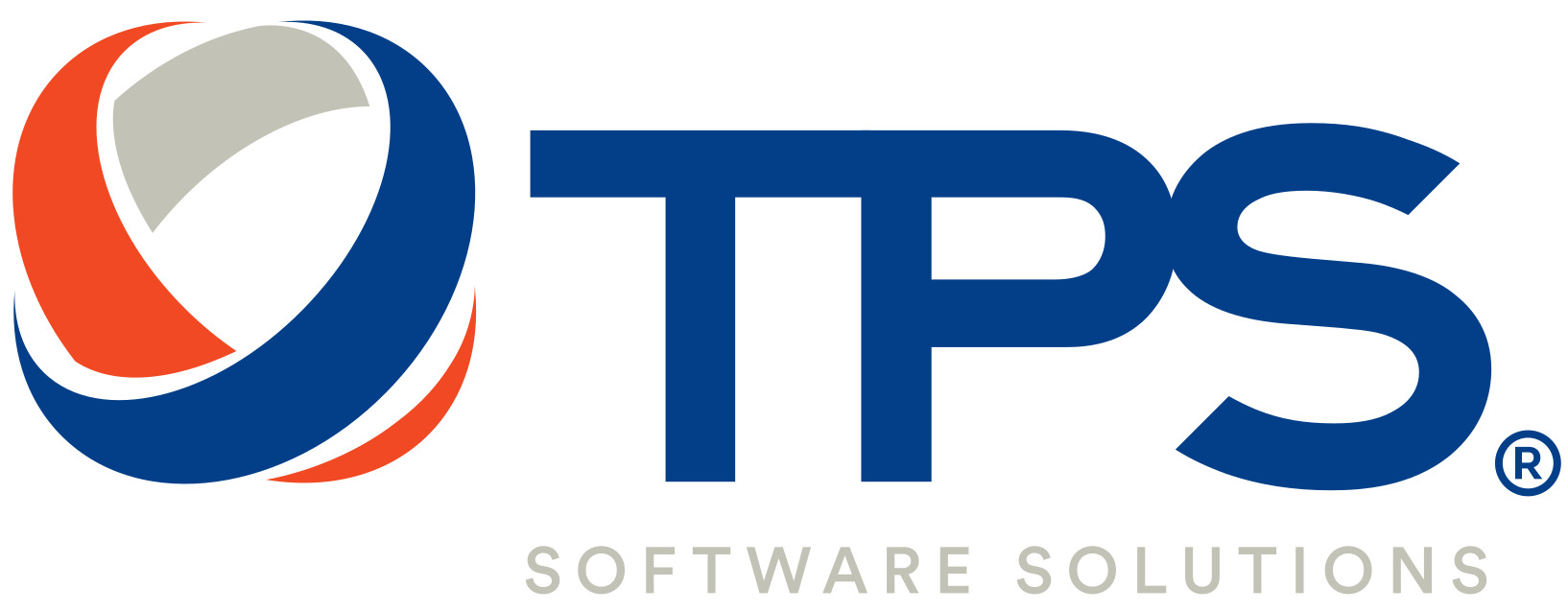Introduction
In an era marked by rapid technological advancements and the ever-increasing complexity of software development projects, companies face the challenge of delivering high-quality software solutions while managing costs and resources effectively. Full-cycle software outsourcing has emerged as a strategic approach that offers numerous advantages to businesses seeking to optimize their software development processes. This comprehensive guide explores the benefits of full-cycle software outsourcing, backed by actual numbers and technical insights.
Understanding Full-Cycle Software Outsourcing
Before delving into the advantages, it’s essential to clarify what full-cycle software outsourcing entails. Full-cycle software outsourcing refers to the practice of entrusting an external partner, often a specialized software development company, with the entire software development life cycle. This encompasses requirements analysis, design, development, testing, deployment, and ongoing maintenance and support.

The Advantages of Full-Cycle Software Outsourcing: A Comprehensive Guide
Cost Savings
One of the most tangible benefits of full-cycle software outsourcing is cost savings. According to a study by Deloitte, companies can save up to 60% on software development costs by outsourcing development tasks to countries with lower labor costs, such as India, Ukraine, or Vietnam. These cost savings stem from lower labor expenses, reduced infrastructure costs, and the ability to scale resources up or down as needed.
Access to a Global Talent Pool
Full-cycle software outsourcing enables businesses to tap into a global talent pool of highly skilled software developers, designers, and quality assurance professionals. This diversity in talent allows companies to access expertise that may be scarce or non-existent within their local talent pool. It also promotes innovation by bringing together individuals with diverse backgrounds and experiences.
According to a report by Statista, there were over 26 million software developers worldwide in 2020, with the number expected to grow steadily. Outsourcing allows companies to access this vast talent pool without the constraints of geographical boundaries.
Accelerated Time-to-Market
In today’s fast-paced business environment, getting a product to market quickly can be the difference between success and failure. Full-cycle software outsourcing accelerates the development process by leveraging established workflows, best practices, and experienced teams. According to the Project Management Institute (PMI), outsourcing can reduce project timelines by up to 40%, helping businesses stay competitive and responsive to market demands.
Focus on Core Competencies
Outsourcing non-core activities such as software development and maintenance allows businesses to focus on their core competencies. By offloading time-consuming and resource-intensive tasks to external experts, companies can allocate their internal resources more strategically. This focus on core activities enhances overall productivity and competitiveness.
Mitigation of Risk
Effective risk management is crucial in software development. Full-cycle software outsourcing provides a buffer against risks by transferring responsibilities to the outsourcing partner. These partners typically have well-established risk management processes and are equipped to handle various challenges, such as changing project requirements, technology shifts, and resource constraints.
Scalability and Flexibility
Business needs can fluctuate significantly over time. Outsourcing offers the flexibility to scale development teams up or down as required. This agility allows companies to adapt to changing market conditions without the overhead of hiring or downsizing their internal teams. Scalability is especially beneficial for startups and businesses experiencing rapid growth.
Quality Assurance and Compliance
Outsourcing partners often adhere to industry best practices and quality standards, such as ISO 9001 or CMMI. This commitment to quality ensures that the software delivered meets or exceeds industry standards. Moreover, outsourcing partners can assist with compliance requirements, such as data protection regulations (e.g., GDPR) and industry-specific standards (e.g., HIPAA in healthcare).
Continuous Improvement
Full-cycle software outsourcing relationships are built on long-term partnerships. This fosters a culture of continuous improvement, where both parties work collaboratively to enhance processes, reduce inefficiencies, and drive innovation. Continuous improvement leads to higher-quality software and more cost-effective development over time.
Conclusion
Full-cycle software outsourcing offers numerous advantages that can significantly impact a company’s bottom line and competitiveness in today’s fast-paced business landscape. From cost savings and access to global talent to accelerated time-to-market and risk mitigation, the benefits are substantial and backed by real-world statistics. To leverage these advantages effectively, businesses should carefully select their outsourcing partners, establish clear communication channels, and foster collaborative relationships built on trust and mutual goals. By doing so, they can unlock the full potential of full-cycle software outsourcing and drive success in the digital age.













